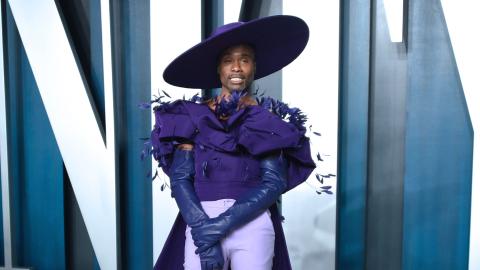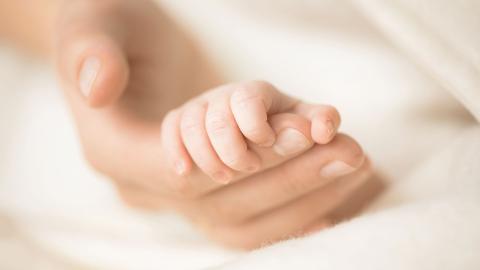
Actor Billy Porter to Play 'Genderless' Fairy Godmother in 'Cinderella' Remake
It’s pretty ironic to think the progressive Hollywood left — the cadre of people keen on equity between men and women — are giddy over turning a historically powerful female role into a “genderless” part and handing it to a male.
That’s exactly what’s happening, though, with a forthcoming remake of “Cinderella.” In the movie, due out in 2021, the role of the Fairy Godmother will be played by Billy Porter, according to a report from CBS News.
Hollywood elites claim to be pro-feminism, but this sure makes it clear sexism is alive and well in Tinseltown.
Porter, for his part, is fawning over himself and his role in what he calls “a classic fairytale for a new generation.”
“It hit me when I was on the set last week, how profound it is that I am playing the Fairy Godmother — they call it the ‘Fab G,’” he said. “We are presenting this character as genderless — at least that’s how I’m playing it, and it’s really powerful.”
Porter, the man known for his “gender-bending” outfits at award shows (he often wears dresses), has made headlines for rebuking sexism and misogyny, but not in the way you might think. While there is plenty of sex-based discrimination against women in Hollywood and elsewhere, Porter is busy decrying how he — as a male — is the victim of misogyny because people think it’s weird he wears bodices and elegant dresses flowing with tulle on the red carpet.
He talked about it on ABC’s “The View” last summer, where he got a little help from co-host Joy Behar who told Porter the reason people are uncomfortable with men wearing dresses is because they “hate women.”
.@theebillyporter tells the co-hosts he's "a man who wants to wear a dress"!
— The View (@TheView) June 14, 2019
"And when I wanna wear one, I’m gonna — and look gorgeous in it!” https://t.co/f8u2wbJuik pic.twitter.com/gpoRIYfVAo
In reality, it’s something more profound than that. Certainly, there are some who still carry with them misogynistic perspectives. But the reality is this: people are uncomfortable with the undoing of the sexes as God intended them — male and female. The erasure of that binary is a rebellion against God’s design, and whether Christian or not, the breakdown of that structure is worrisome because the continuation of humanity quite literally depends on it.
Porter’s role in “Cinderella,” though, is part of an effort to normalize the elimination of defined differences between men and women. To an extent, that normalization is working. As of December, 42% of American adults said forms requiring sex identification should include more than just the “male” and “female” indicators. This cultural push has been underway for quite some time. For example, in 2014, Facebook unveiled some 60 different gender identity options for users, and one year later, the social media network did away with the list altogether, allowing account holders to define their gender identity however they pleased.
“I think the new generation is really ready,” Porter said of his role in “Cinderella” and of the push toward “gender fluidity.” “The kids are ready. It’s the grownups that are slowing stuff down.”
The sad irony is what Porter himself proves about this push to suppress the male and female binary: in the end, it only suppresses women more.




